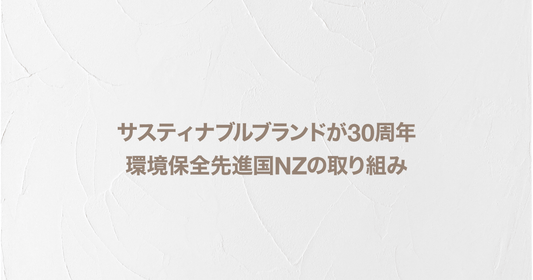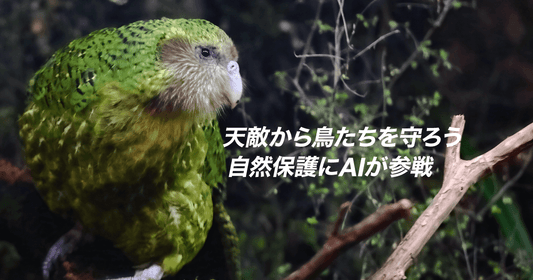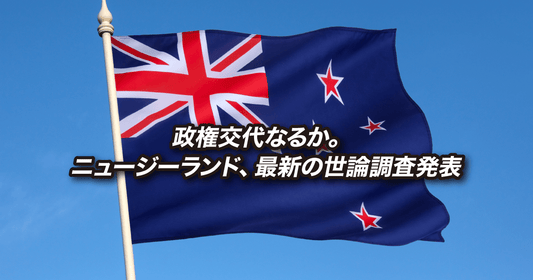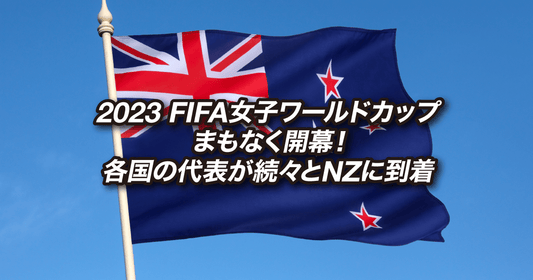
New Zealand has implemented strict border control measures since March 2020, when the spread of COVID-19 infections began, and until now, only citizens or permanent residents have been allowed to enter the country.
However, the strict regulations have now been relaxed. Although the Omicron strain of the virus is still spreading in Japan, the vaccination rate in Japan is increasing, not only for the second dose but also for the third dose, so this relaxation seems to have been implemented.
The relaxation will be broadly divided into five stages, and the number of people eligible to enter New Zealand will be increased gradually. When will it be possible to visit New Zealand as a tourist from Japan?
In this news article, we will provide you with detailed information about the relaxation of border control measures in New Zealand.
The strict border control measures up until now have led to issues such as declining tourism revenue and labor shortages.
The strict border control measures that New Zealand has implemented have dealt a major blow to the economy. According to the Tourism Industry Aotearoa (TIA) , a government agency that oversees the tourism industry, tourism spending by foreign visitors fell by 91.5% in 2020, when the COVID-19 pandemic began, compared to the previous year.
Although domestic travel has increased slightly, it is nowhere near enough to make up for the huge decline in foreign visitors, which has led to a 34% decline in tourism workers and a 25% decline in tourism-related businesses.
Data from Statistics New Zealand.
In addition, because many jobs, such as harvesting crops, rely on working holiday makers and migrant workers from overseas, strict entry restrictions are causing a labor shortage. In addition to labor, the inability to bring in knowledgeable and skilled personnel from overseas is also an issue.
The government says that the current relaxation of border control measures is a necessary measure to resolve these labor shortages and economic problems.
Relaxation is planned in five stages
The relaxation of border control measures is good news for people who want to visit New Zealand for business or for tourists, like us at "Bokumo Wine". However, it seems that it will be a while before we can actually enter the country.
The government plans to ease border control entry restrictions in five stages. In addition, this relaxation will abolish the two-week quarantine at designated quarantine facilities that was previously required for entrants.
Under the previous quarantine restrictions, facilities would quickly fill up during periods when the number of people wishing to return home increases, such as Christmas, making it difficult to make reservations. In addition, because travel expenses are at the individual's own expense, many people were unable to return home even if they wanted to, but this relaxation of restrictions is likely to solve that problem. However, testing and self-isolation upon entry into the country will still be required. If you have not yet been vaccinated, you will still need to isolate yourself in a designated facility, as before.
Of the five stages of relaxation, the first stage starting on February 28th will allow New Zealanders (nationals) and permanent residents/residents entering from Australia, as well as those who have been granted special permission to enter even during the current border closure, to enter the country without quarantine. (Even during the current border closure, special permission to enter the country may be granted to medical personnel, dairy workers, fishermen, agricultural workers, educators, international students, etc.)
The second phase, starting on March 14, will see all New Zealanders (citizens) and permanent residents entering the country from countries other than those designated as high-risk, as well as those who have been granted special permission to enter despite the current border closure, admitted without quarantine.
At the same time, entry is also possible on some work visas and working holidays. To obtain a work visa, you must have the ability and skills and be able to expect to earn 1.5 times the median income in New Zealand (approximately 6.5 million yen in Japanese yen). Entry on a working holiday visa is expected to make up for seasonal labor shortages such as harvesting crops.
The third phase, which begins on April 13, will allow visa holders who were denied entry, as well as around 5,000 international students, for the second half of the semester. There will also be an expansion of entry quotas for work visas, and people involved in sporting and cultural events may be allowed to enter.
What about entry for foreigners?
The fourth phase of accepting foreign tourists is scheduled to begin in July.
In the fourth phase, entry will be possible from visa-exempt countries. Japan is one of the countries that are visa-exempt for New Zealand, and you can enter without a visa if you are staying for less than three months. This means that travel for tourism and short-term business purposes will be allowed from Japan from July.
However, when entering New Zealand, vaccination and a negative test before departure are required, and you will need to self-isolate for 10 days after entering the country. You will also need to be tested twice during the quarantine. If you are visiting New Zealand as a tourist, this quarantine period seems like a high hurdle.
The quarantine period may be reduced in the future, and details will be announced in the future. In the fifth stage of the relaxation measures, entry from all countries is expected to be possible.
Last year, New Zealand announced that restrictions would be relaxed from January this year, but this was postponed due to the spread of the Omicron strain. Therefore, the minimum conditions for proceeding with the relaxation announced this time as planned will be that the spread of infection is contained to a certain extent, there is no increase in serious injuries, and the medical system is not under pressure.
We still cannot be at ease as we do not know how the spread of the new coronavirus will progress or whether new mutant strains will emerge, but we can only hope that this time the relaxation of restrictions will proceed as planned.





